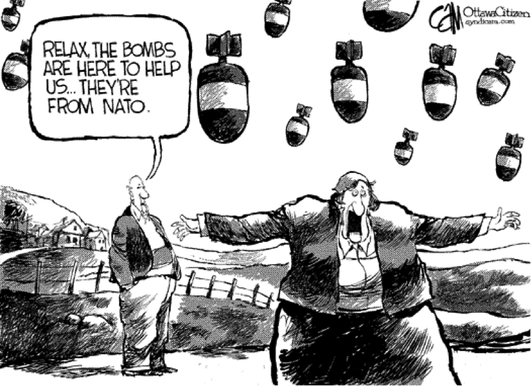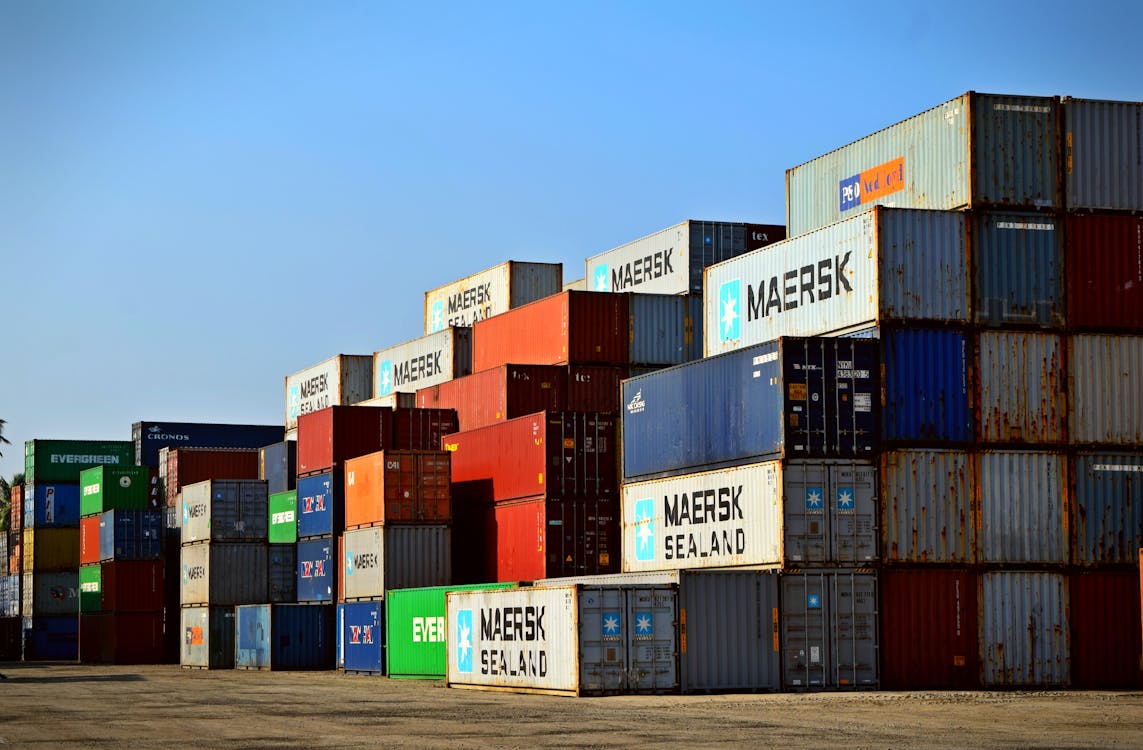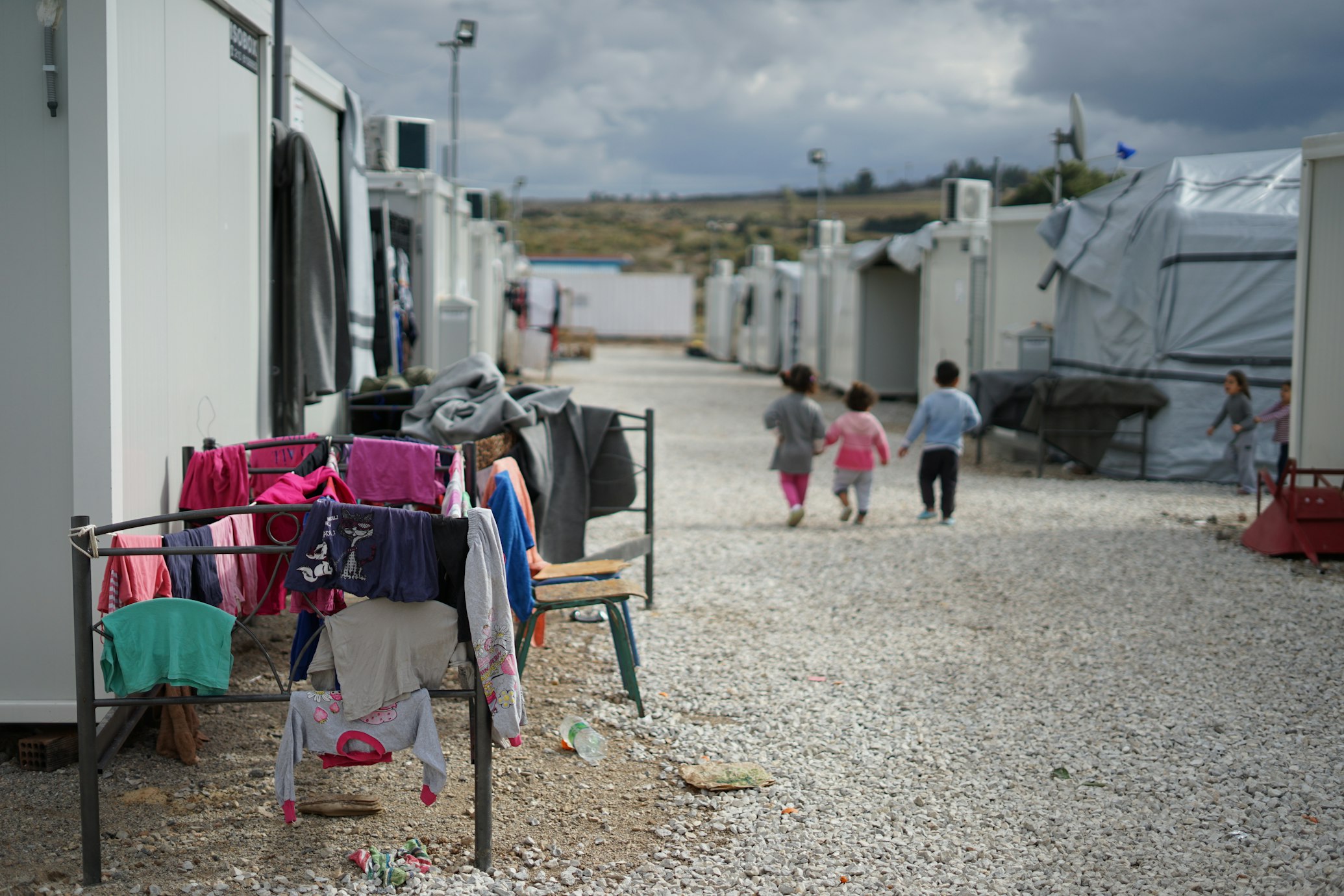Humanitarian Intervention or Protection of the Interests of Global Powers?

Humanitarian intervention has been a controversy in the field of international relations since the end of Cold War. The controversy mainly emerges because the principle of humanitarian intervention clashes with the principles of non-intervention and sovereignty which emerged with the Treaty of Westphalia in 1648. Even the definition of humanitarian intervention is up for debate by scholars but the lack of consensus is not the core controversial issue of humanitarian intervention.
The main points that humanitarian intervention debates focus on are justice, legitimacy and legality of humanitarian intervention. Noam Chomsky has criticized that the United States former European imperial powers, claiming that they try to exploit chaotic states and justify their intervention on these states by reasoning humanitarian concern. In this context, is United Nations Security Council (UNSC) authorization binding for every state or organization? Does international law sanction states for their interventions violating sovereignty or using mass military force? Do the dominant world powers use humanitarian intervention for their global interests? These questions can be answered with historical evidence from the 20th century and especially the post-Cold War period. Also, the shift from humanitarian intervention to Responsibility to Protect (R2P) constitutes a major change in the understanding of this matter since R2P allows regional organizations’ intervention if UNSC cannot agree a final decision on a specific case. Do the regional military organizations have sufficient power to resolve civil wars or conflicts in a sovereign state? The question remains a controversy.
The United Nations (UN) has evolved its policy towards humanitarian intervention over years and initiated the cancellation of state sovereignty trying to maintain human rights because the intrastate conflicts such as radical Islamic or major economic crises which led to starvation or civil wars rose. On that point, Noam Chomsky argues that the alteration of the policy of United Nations regarding to humanitarian intervention and sovereignty reflects the interests of global powers such as the petroleum companies’ interests in Libya. As Chomsky mentions in his speech, stockholders in petroleum were surprisingly quickly relayed information after the NATO’s involvement to Libya in 2011.
According to Charter of the United Nations, the member states of UN should respect and comply the Charter of the United Nations. The superiority of the United Nations can be questionable, with the specific examples on this matter. In 2011, while NATO forces intervened Libya with great enthusiasm why could the international community not agree on sanctions and humanitarian intervention towards the Syrian case? In this respect, former President of Libya Muammar Gaddafi mentioned that actions of the international community violated the sovereignty of Libya and declared that “Libya belongs to Libyan people”. As a result of these actions, the questionability of the supremacy of the United Nations rose because no negotiations were held by international community with respect to the invasion of Libya on humanitarian grounds. Therefore, humanitarian intervention in Libya cannot be just since it is a sovereign state and a legal government continued its function until the civilian casualties began to increase in Libya. Moreover, while the actual civilian casualties were unknown, they were nonetheless declared by the United States. Therefore, such information regarding the intervention becomes problematic since the humanitarian intervention occurred for the prosperity of civilians and democratization of Libya.
Humanitarian intervention cases can be discussed in the basis of its precision because they are very controversial and difficult to define. As Chomsky mentions, two interferences can be defined as literal humanitarian intervention. First, India’s intervention on Pakistan to liberate East Pakistan which trying to gain its independence from Pakistan in 1971. The conflict emerged because the ethnic difference between East and West. For example, while East Pakistan spoke the Bengali language, West Pakistan spoke Urdu. Chomsky’s justification to the intervention relies on very obvious evidences. Ethnic cleansing, mass murder, genocidal rape and deportation was used by West Pakistani Army since the very beginning of the conflict. Estimated death was 300.000 to 3.000.000 East Pakistani people. As a result of the war and the humanitarian intervention of India, the massacre in East Pakistan ceased and it caused the establishment of a sovereign state, Bangladesh. According to Chomsky, the second example was the Vietnamese intervention in Cambodia in 1978 in order to stop mass killings, forced labour, and undernourishment which was being perpetrated by the Khmer Rouge. The main aim of the Khmer Rouge regime was the creation of an agrarian society which was influenced by Maoist and Stalinist ideology. Approximately 25 percent of the population was killed by the Khmer Rouge administration. Although, the justification of the humanitarian intervention was very clear, Vietnam could not find the support from international community and was also embargoed by United States. Also, the United States persuaded other countries for sanctioning Vietnamese and the regime was excluded from international community. According to Chomsky, both interventions were not counted as “humanitarian intervention” because the United States rejected both interventions because they did not maintain its national benefits. Moreover, the United States propagandized international community in order to find public support. Therefore, two actual humanitarian intervention were not counted as humanitarian intervention because of the loss of the support of international community.
The Syrian case is the one of the most significant matters that exemplifies the dilemmas in humanitarian intervention. The Syrian Civil War is an ongoing armed conflict which started within the Arab Spring. Interestingly, both the government forces and anti-government armed groups have used illegal weapons and human rights abuses, limitations of basic freedoms, torture, and unlawful killings. Furthermore, reports of some Non-Governmental Organizations (NGOs) do not reflect the accurate information and some reports were refuted by Syrian government. Furthermore, since the conflict is continuing with many parties involved, the possibility for humanitarian intervention is becoming more complex for international community.
The Syrian government demolished its chemical weapons in Norway with the testimony of the Russian Federation and the United States of America. However, opposition groups is accused by United Nations because of the usage of chemical weapons. The United Nations’ diplomatic movements have failed since approximately more than 400,000 people died, 34,500 people are captured or missing, over 7,600,000 people are displaced internally and 4,000,000 people have become refugees because of the intensive conflict. Because of the past actions of the United States, the Russian Federation and the People’s Republic of China do not look closer to a humanitarian intervention. In contrast, the United States accused Russia and China because of their support for the Syrian regime and claims that the Syrian government is illegitimate. Furthermore, international recognition of the Syrian National Council by some countries including some global powers creates a problematic issue. On the other side, humanitarian aid is continuously sent by United Nations but the sum of aid become a record with a dramatic spend of $6.5 billion USD.
Both economically and politically, the Syrian case is devastating world politics and undermining the prominence of Responsibility to Protect. Aforementioned, because of the global powers’ enthusiasm of protecting their national interests, humanitarian intervention was not an option. From my point of view, the historical events regarding to humanitarian intervention causes a hesitancy, prejudice and tension in Syrian case. It is obvious that states placed a higher value on strategic games to protect their own national interests than on humanitarian matters. The Syrian case gives clues that humanitarian intervention cannot be done under these conditions. The Realist theory in international relations proved itself right with the events concerning in Syria. Therefore, the international community should determine and define the limits, necessity and significance of humanitarian intervention in order to eliminate benefits and influence of global powers in those matters.



